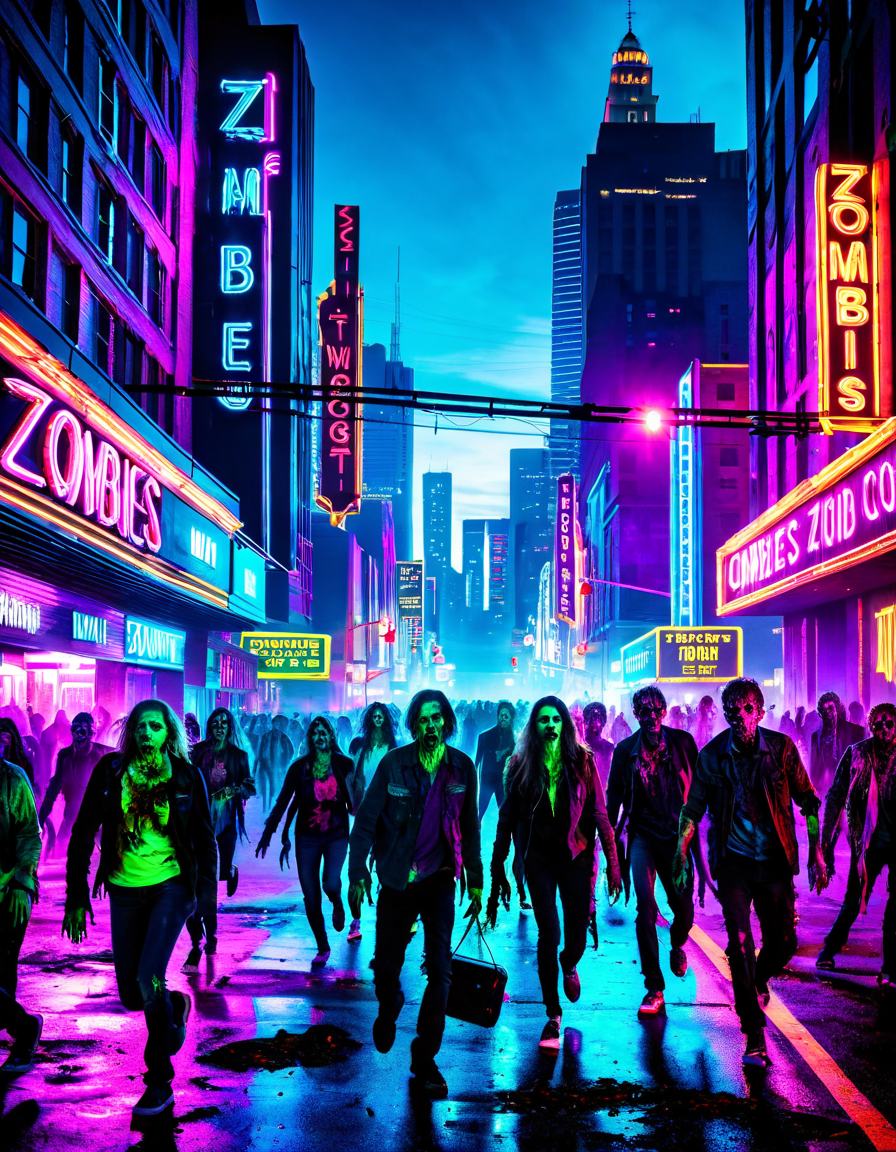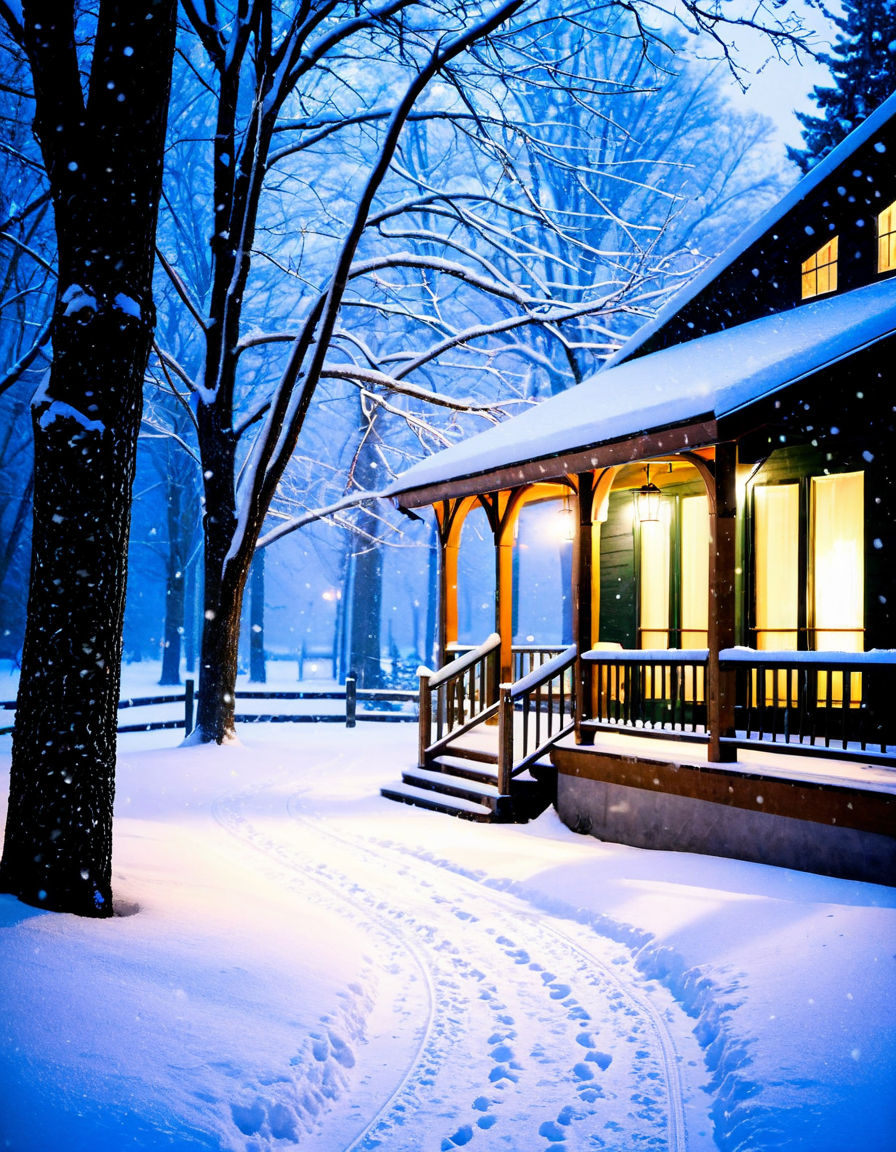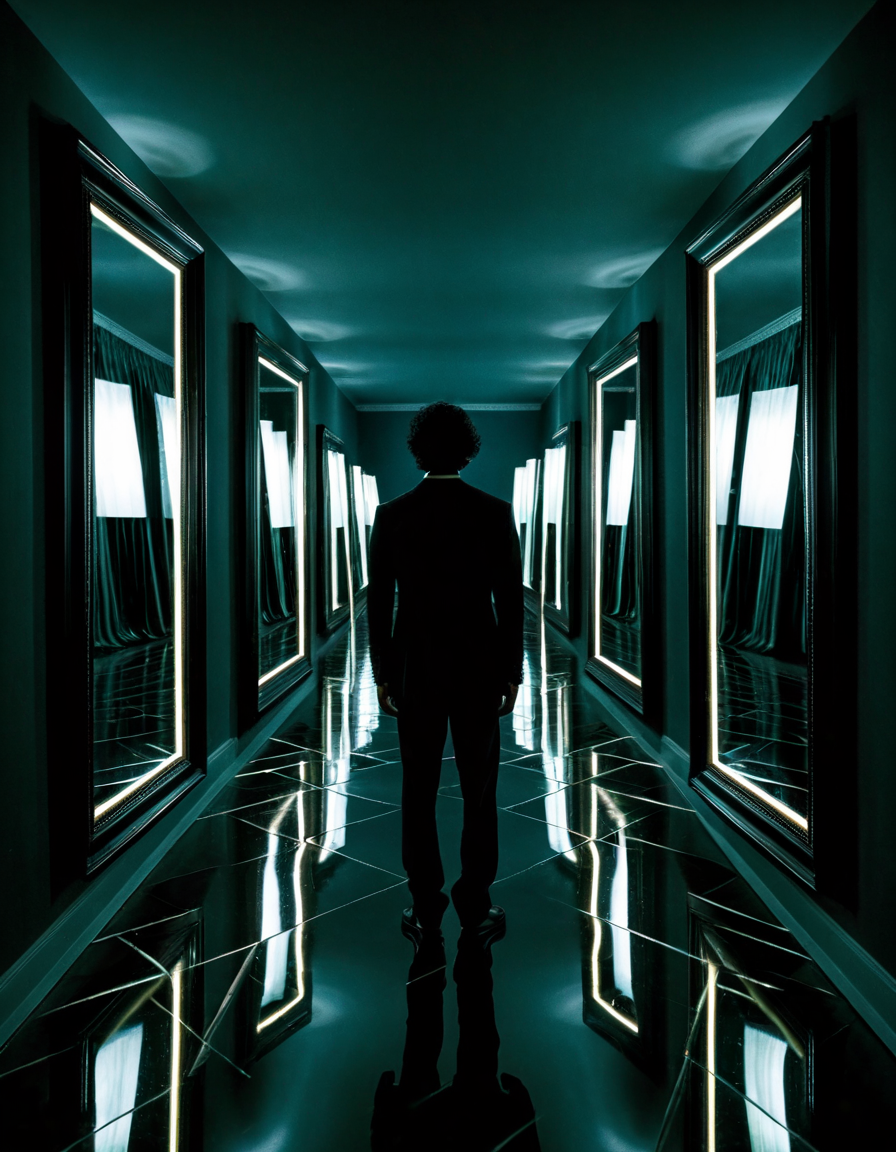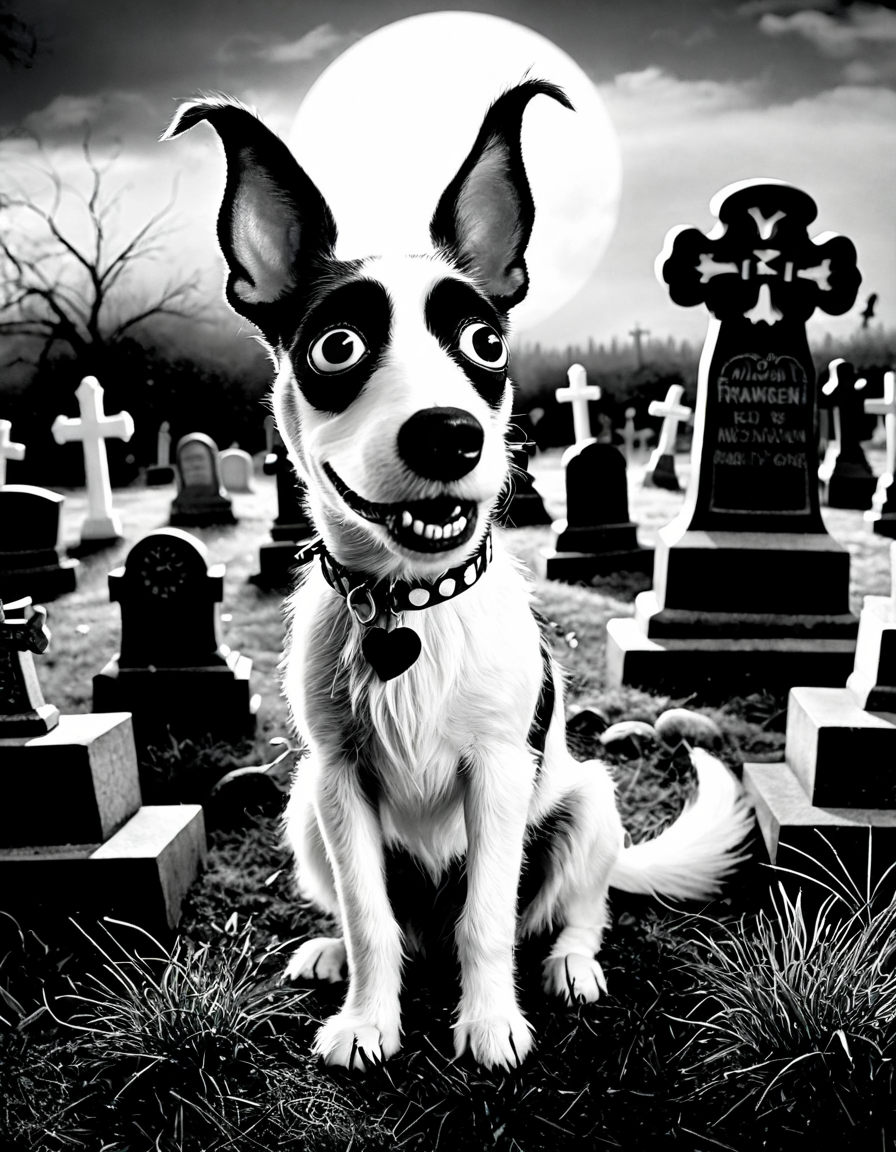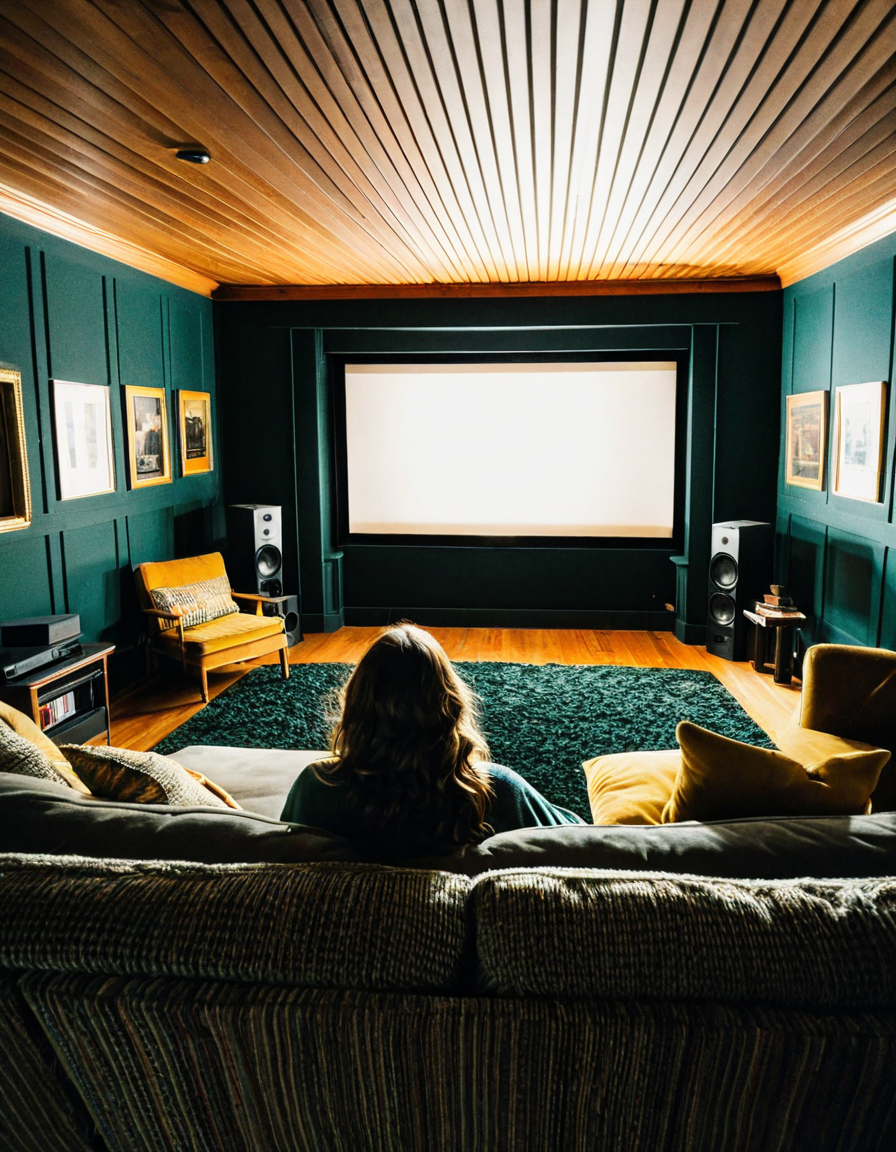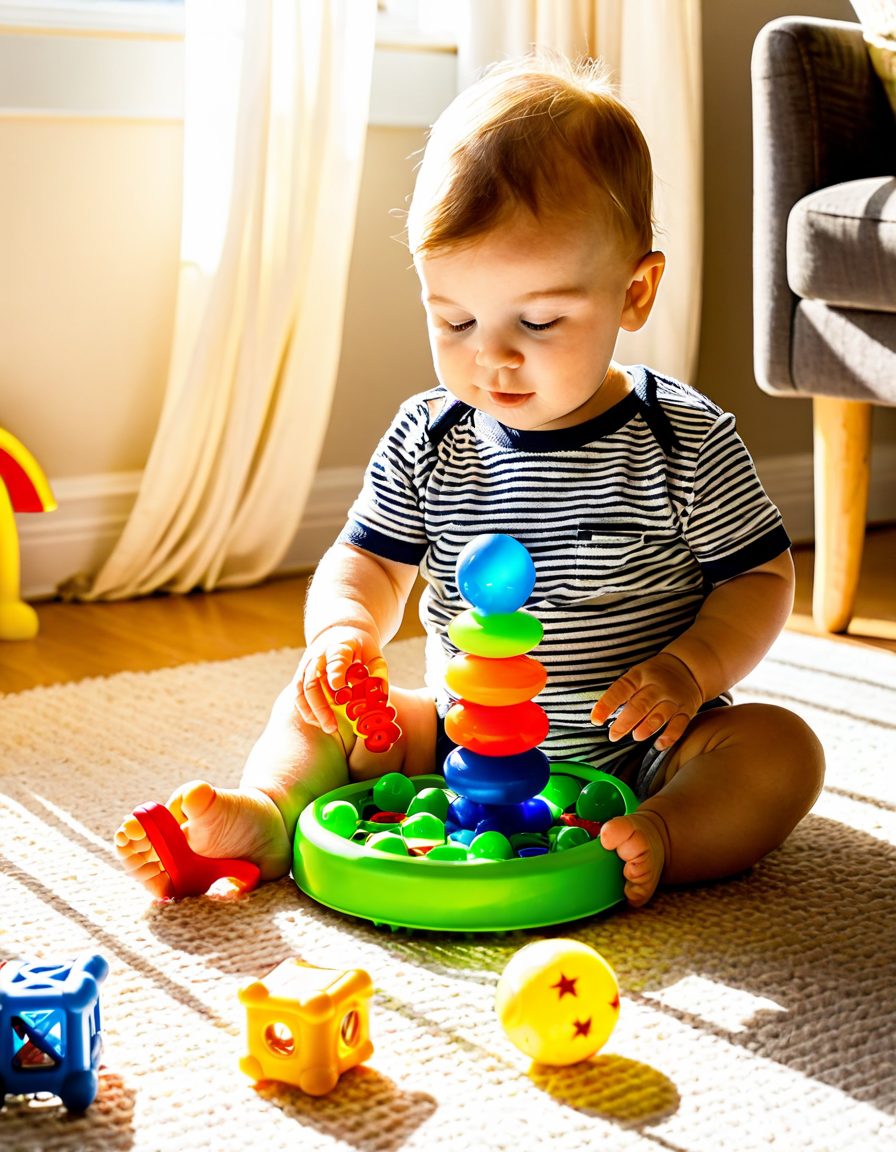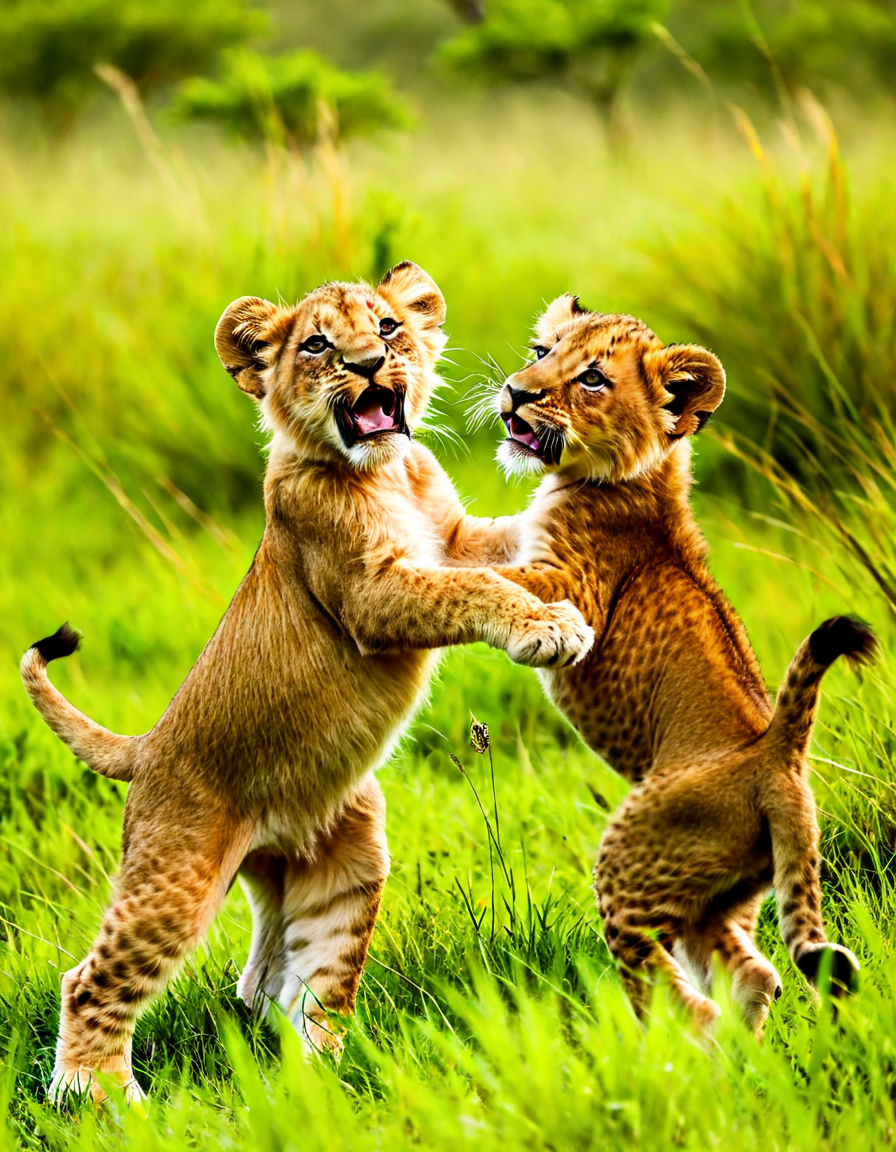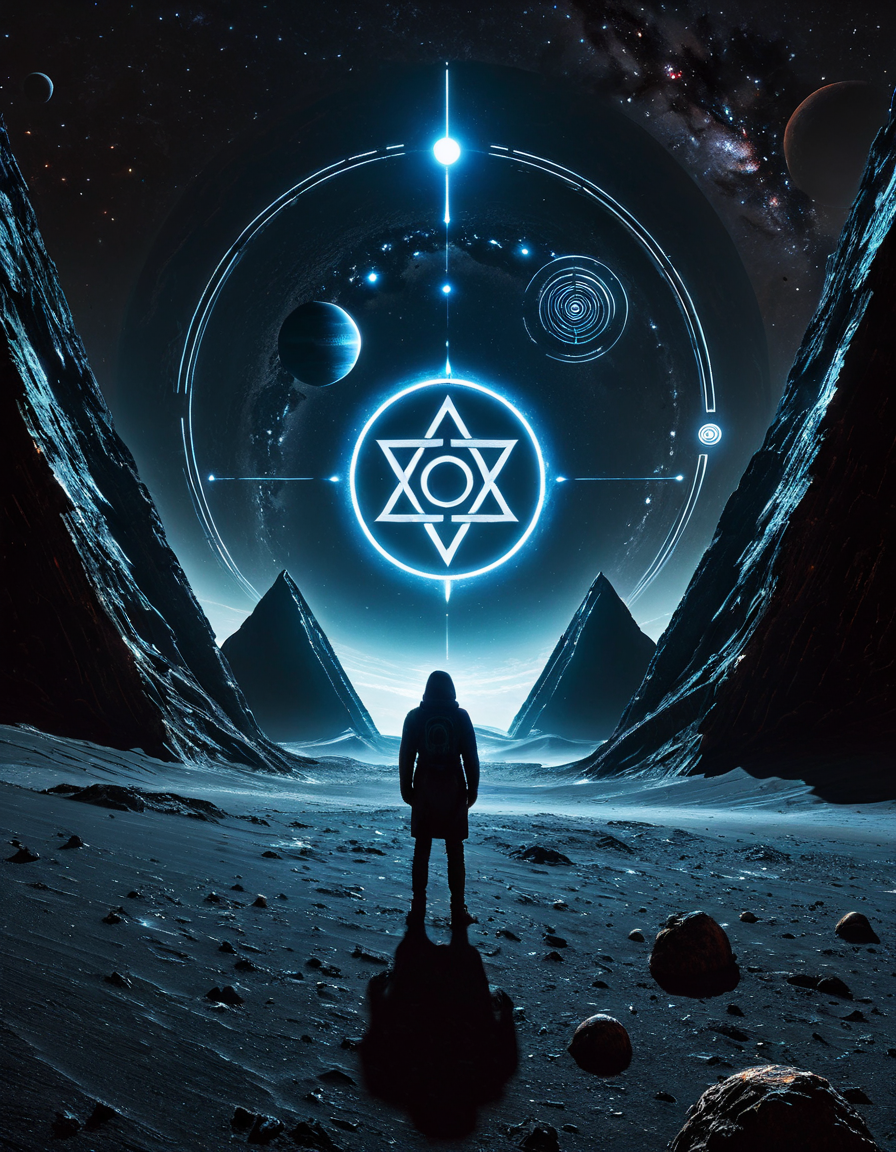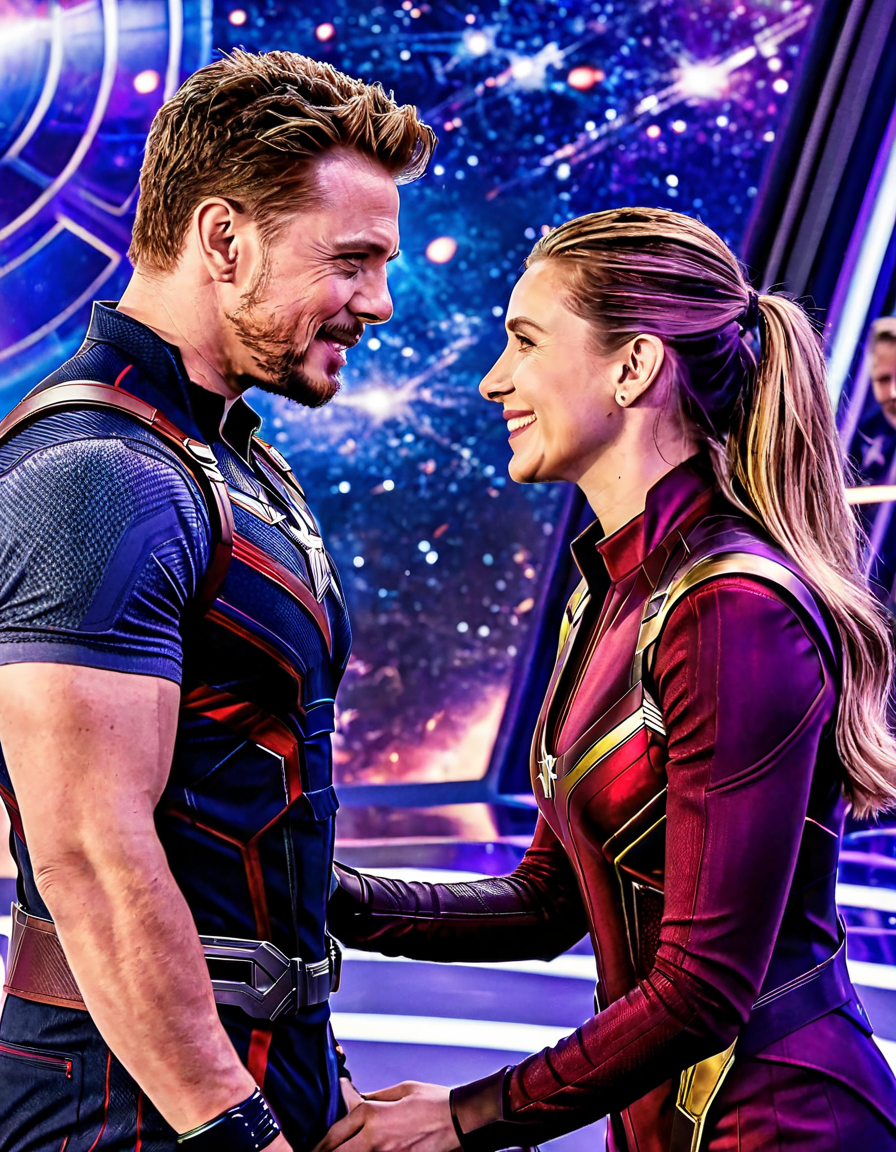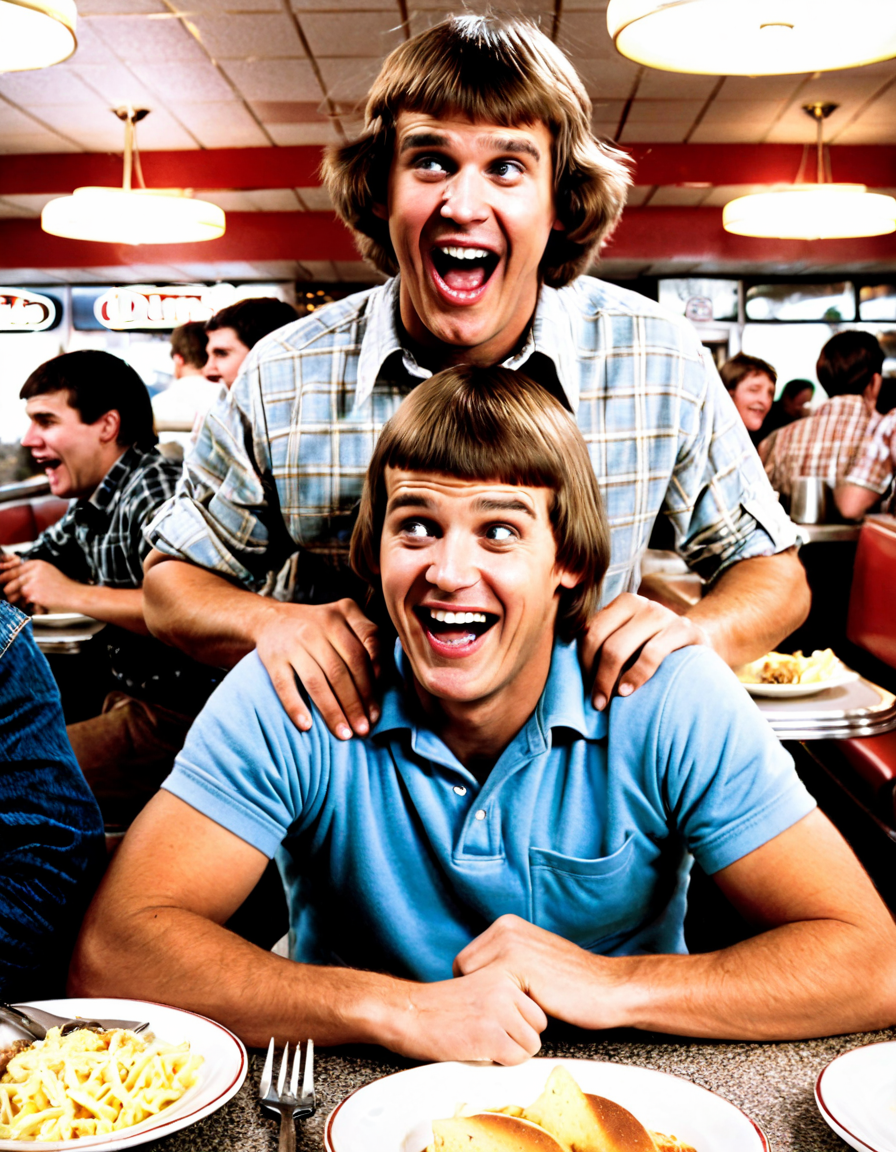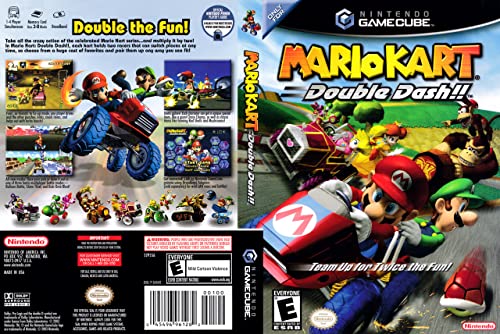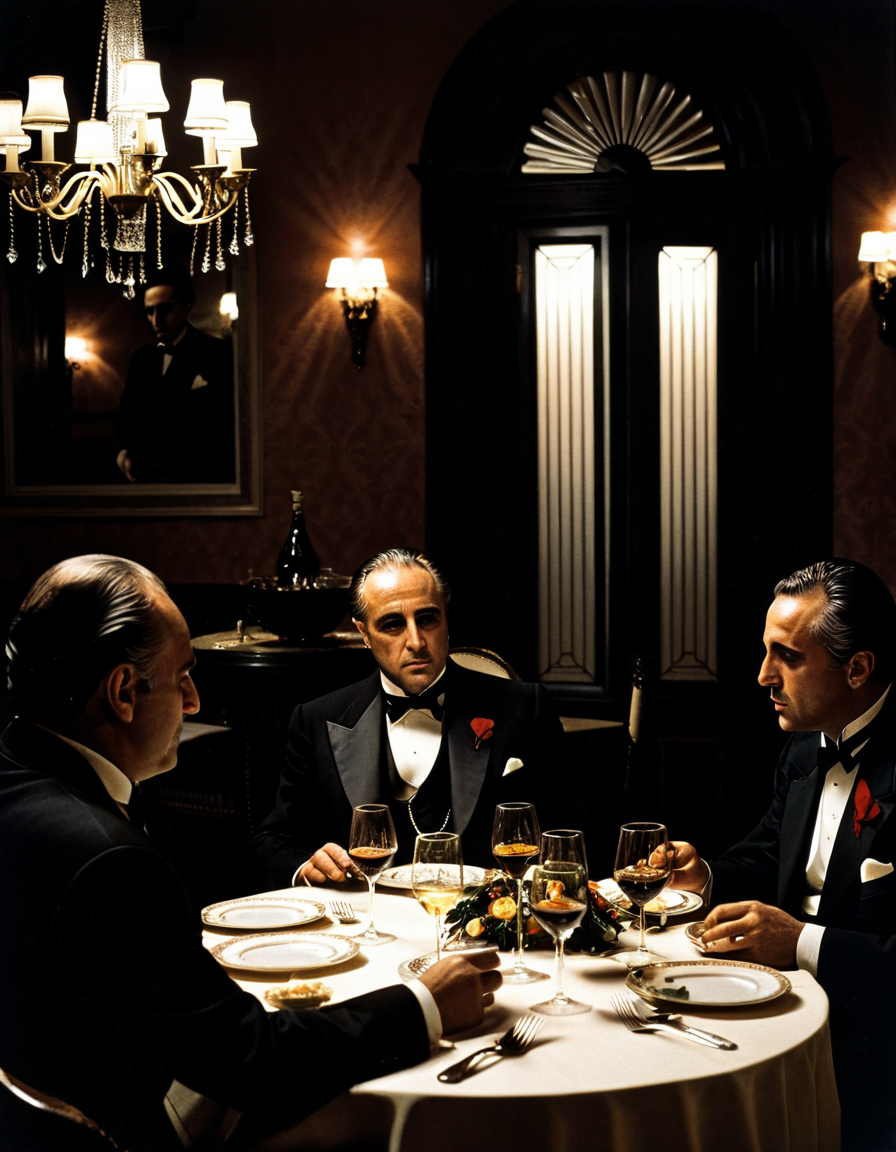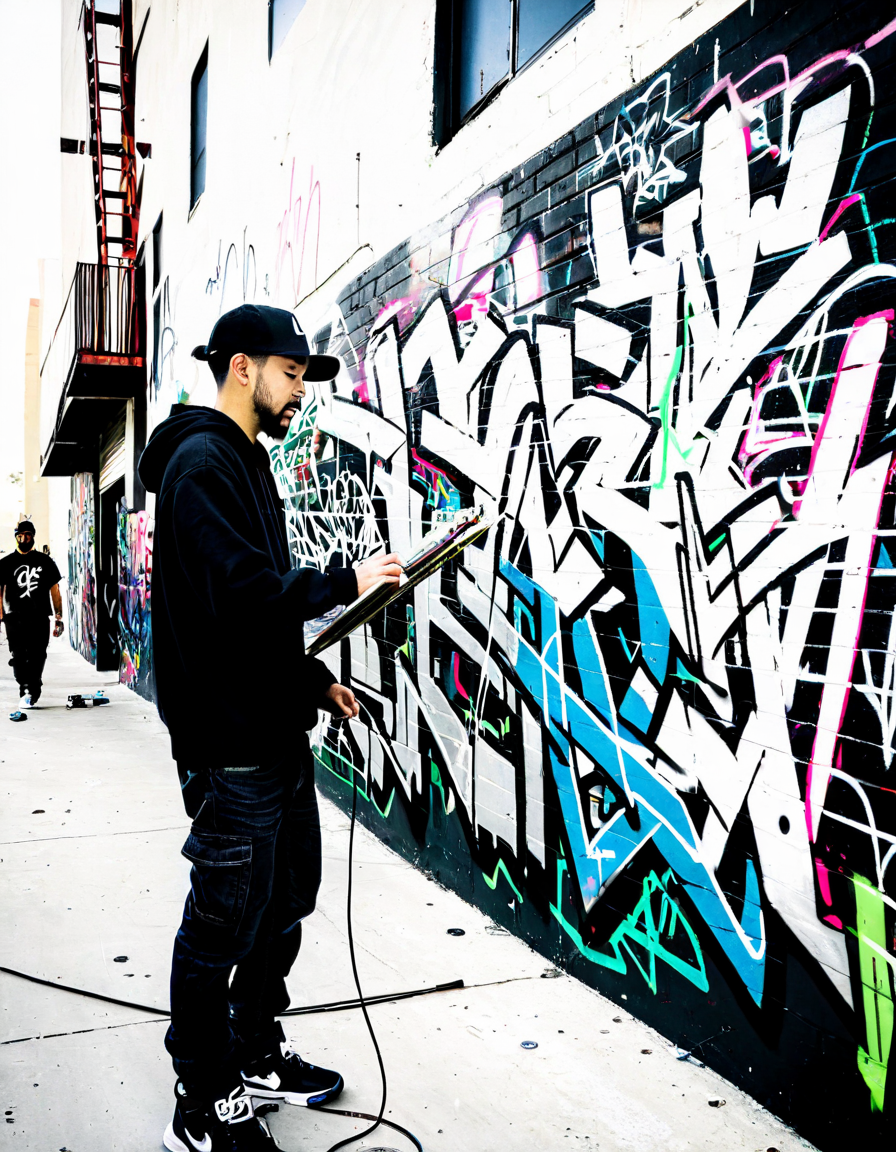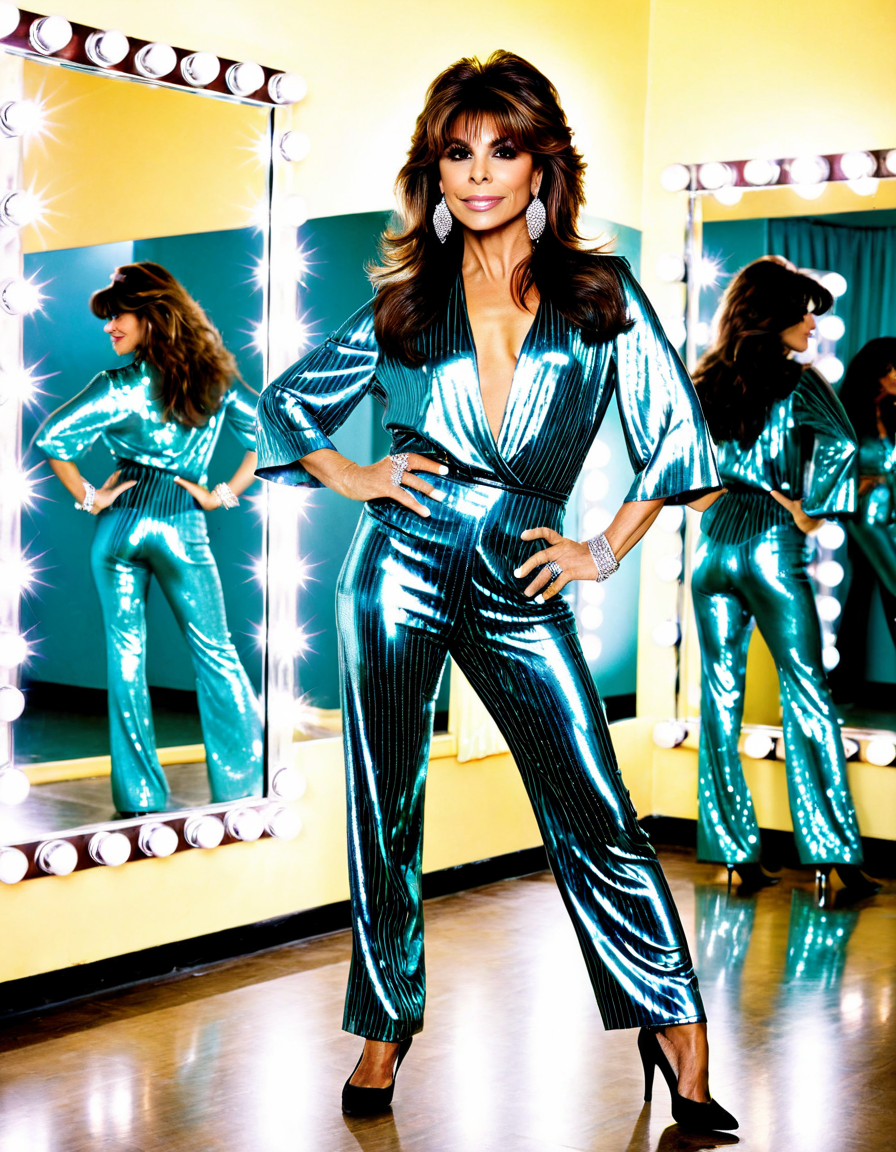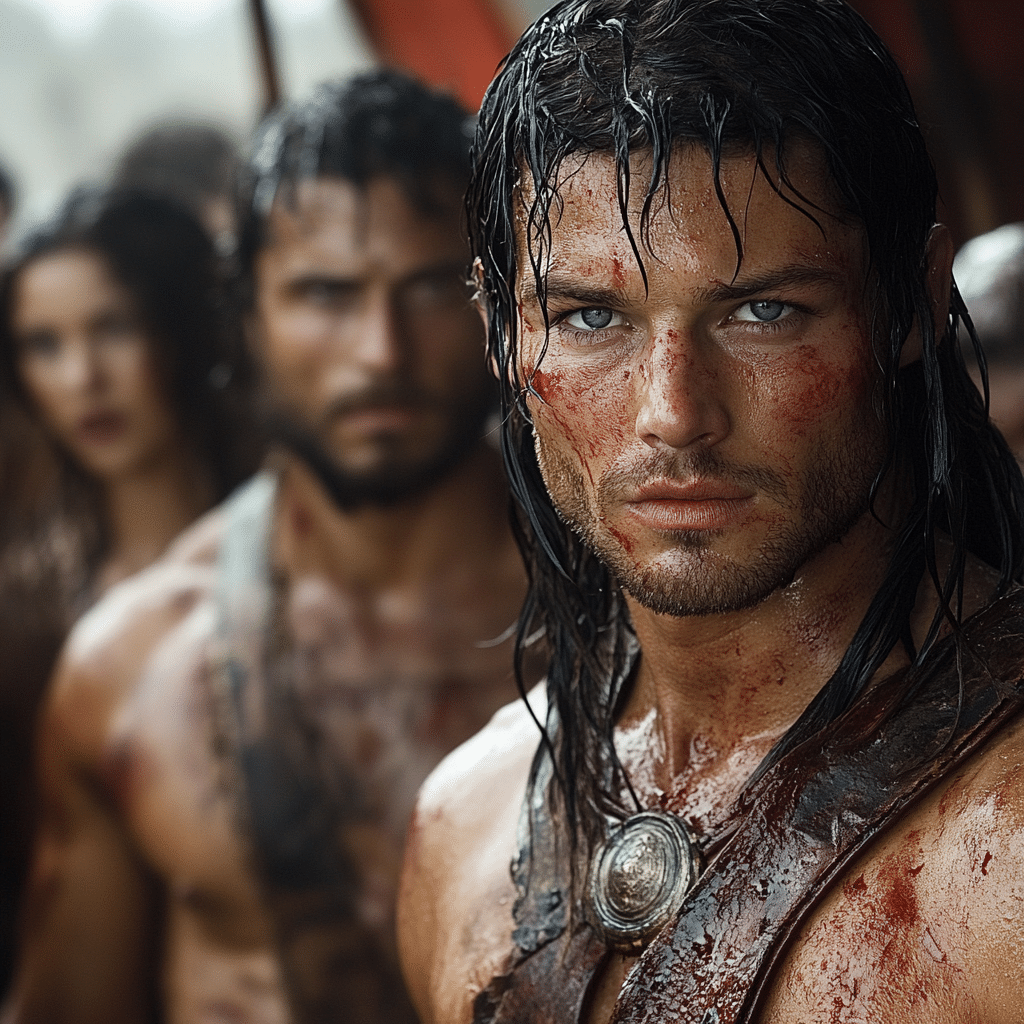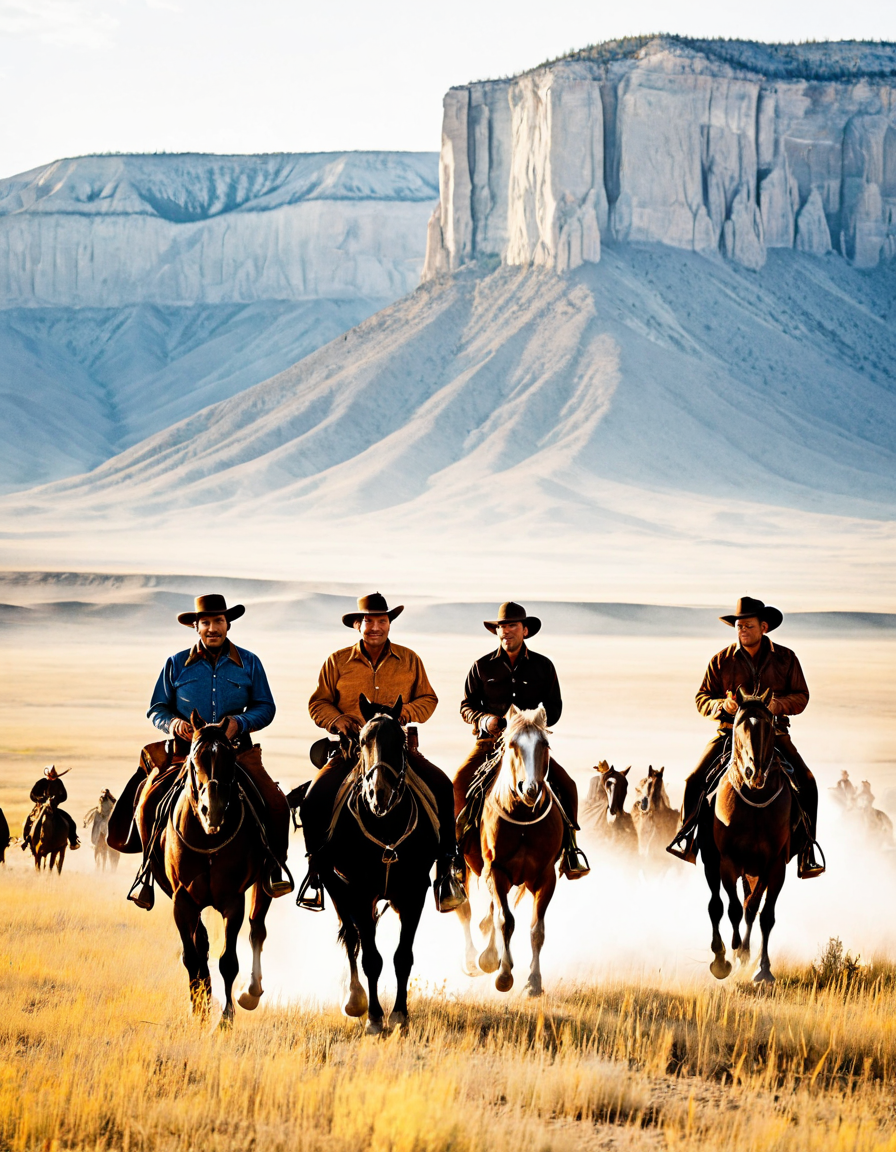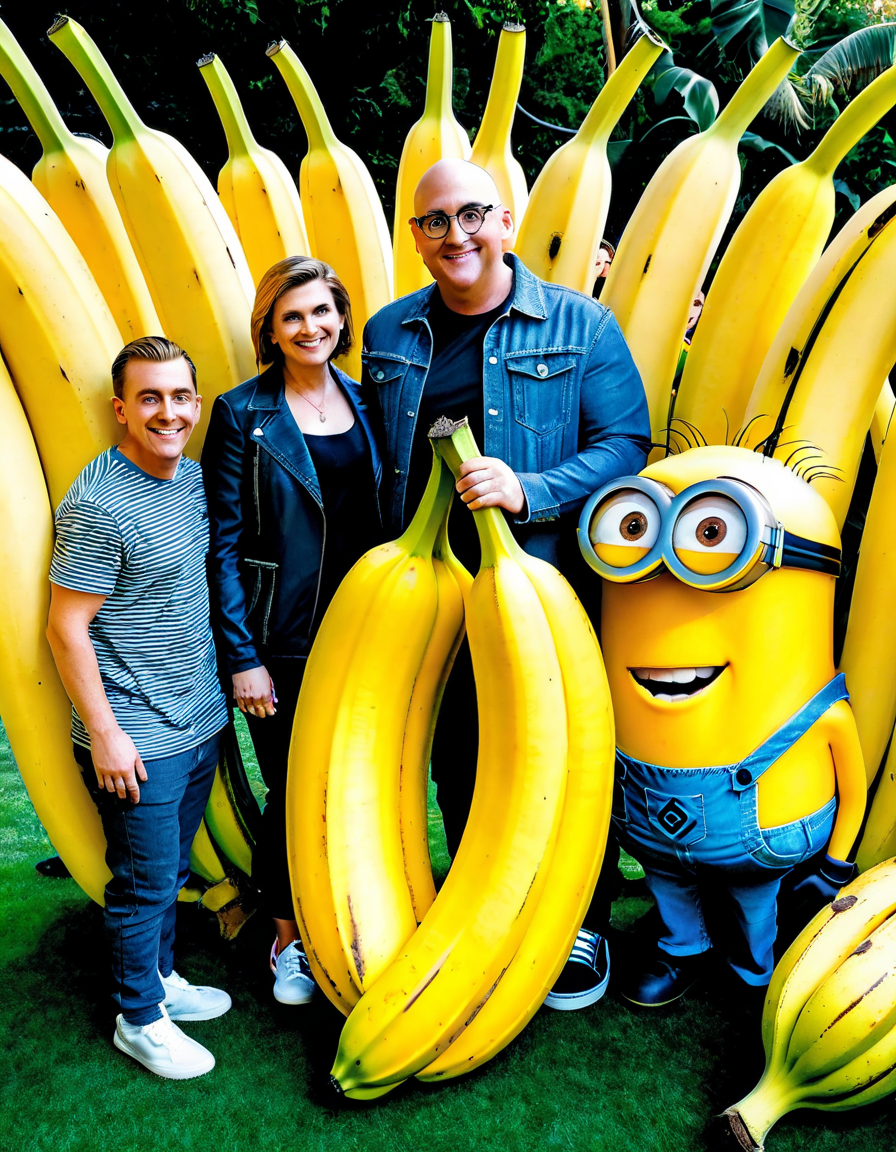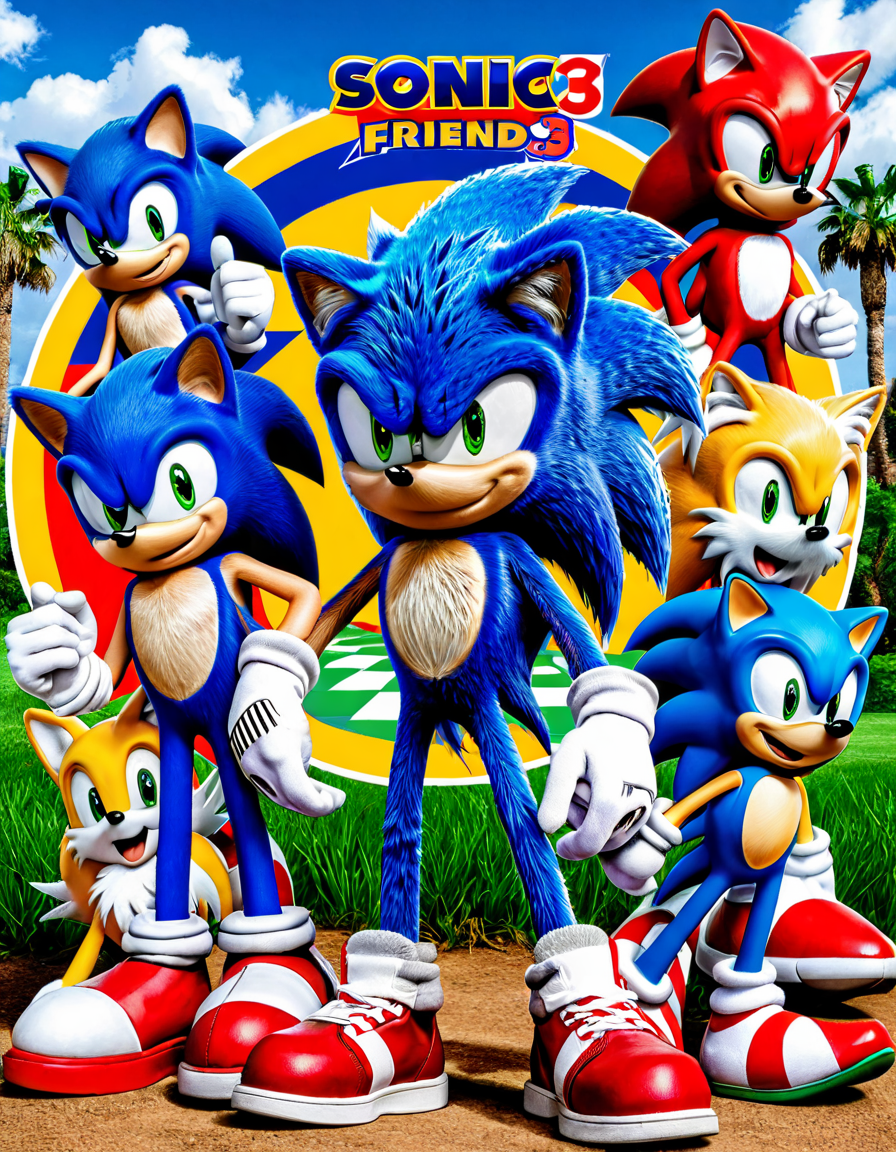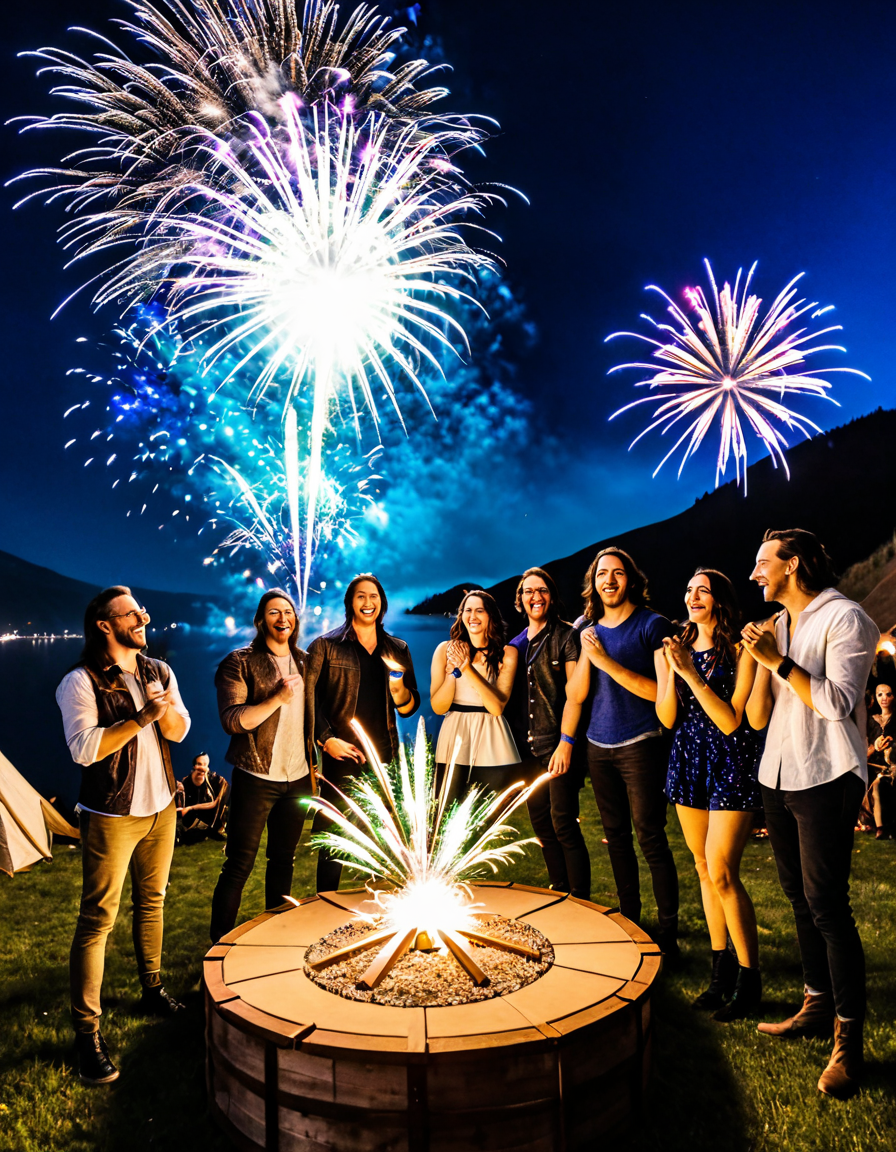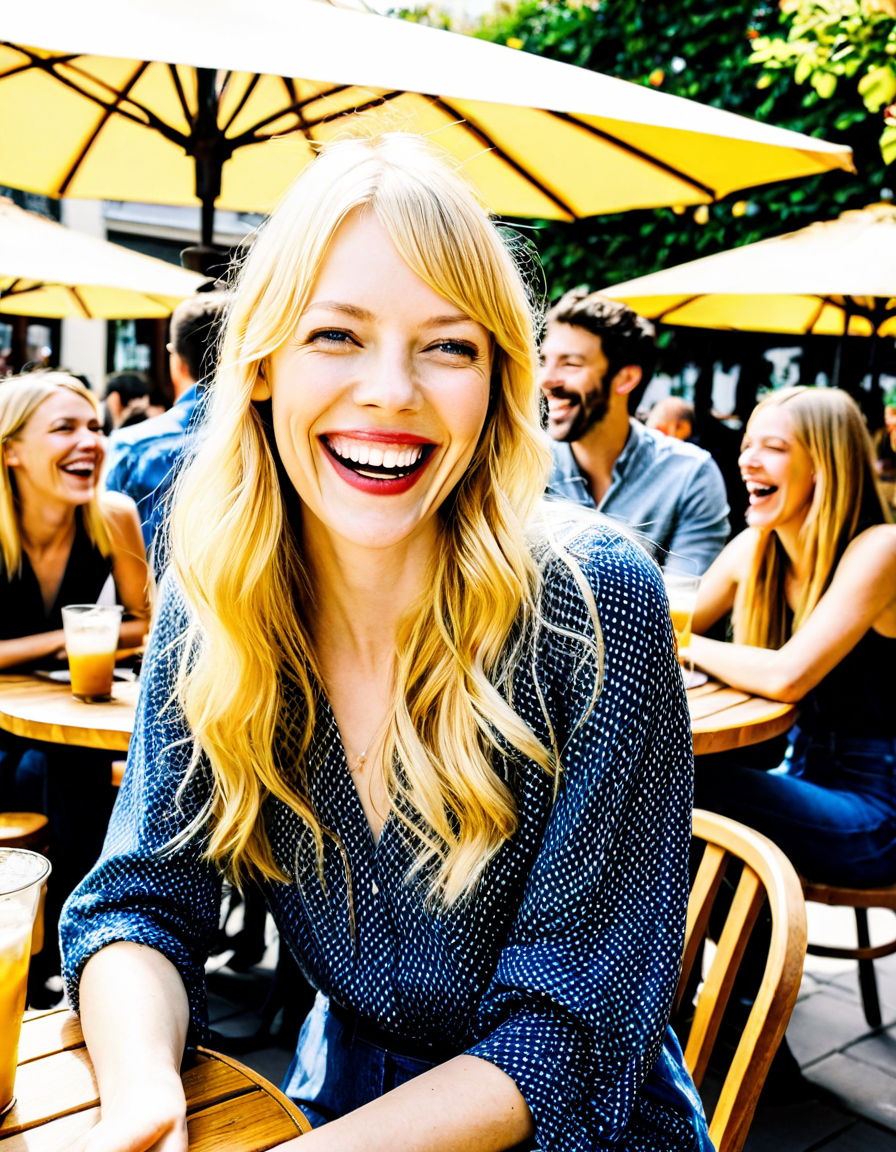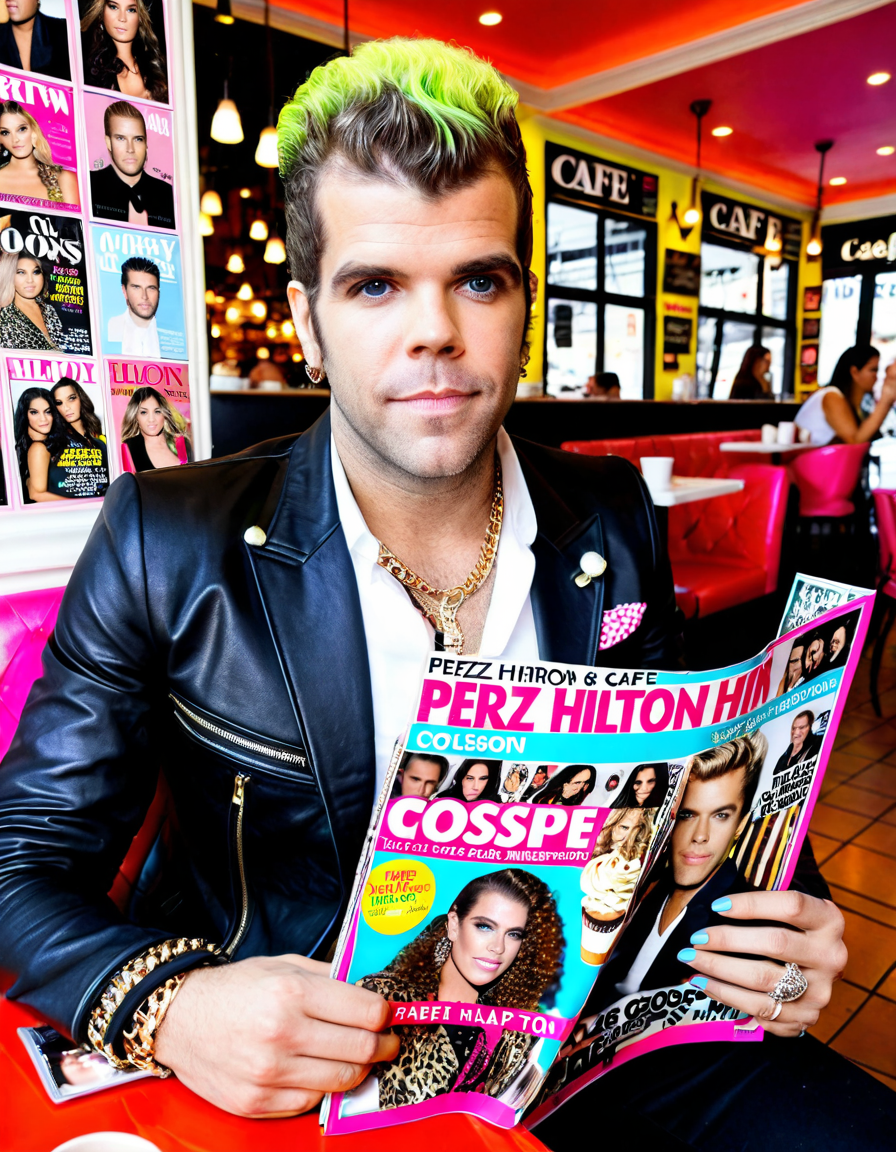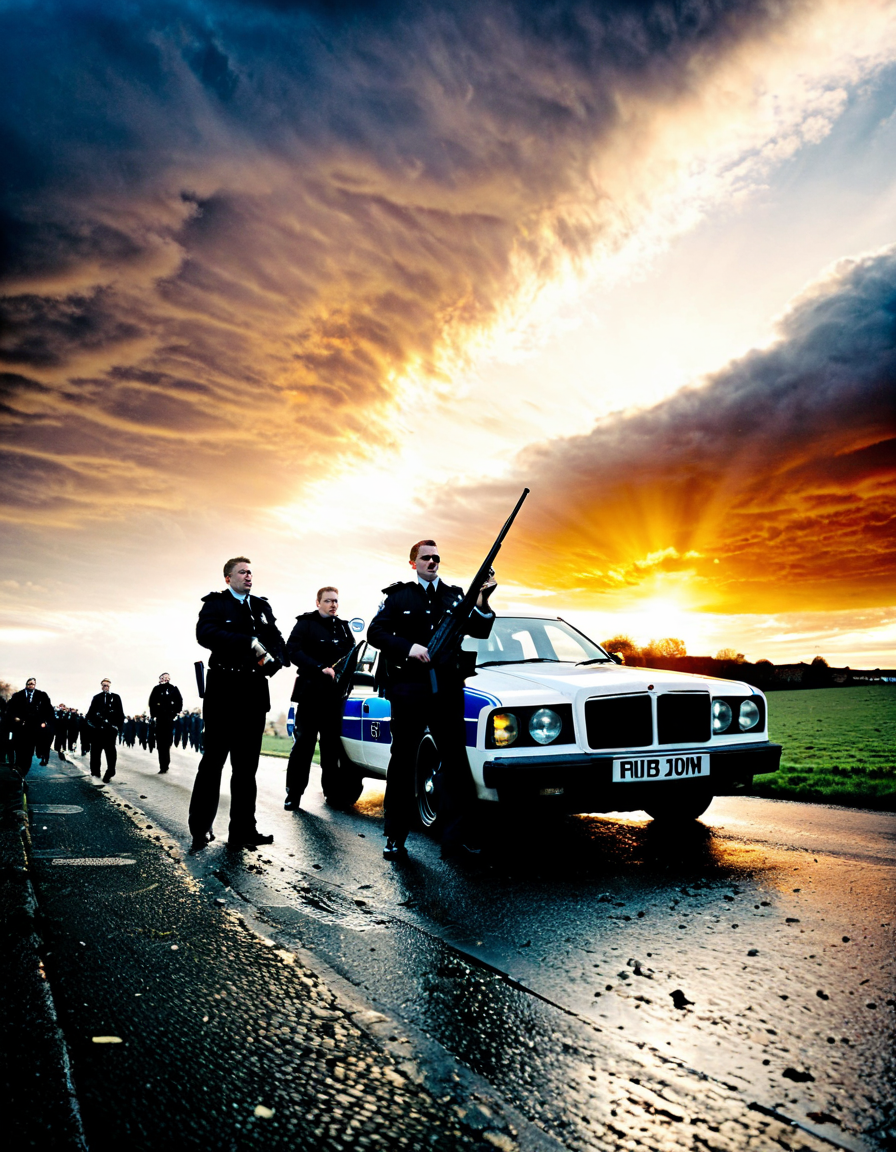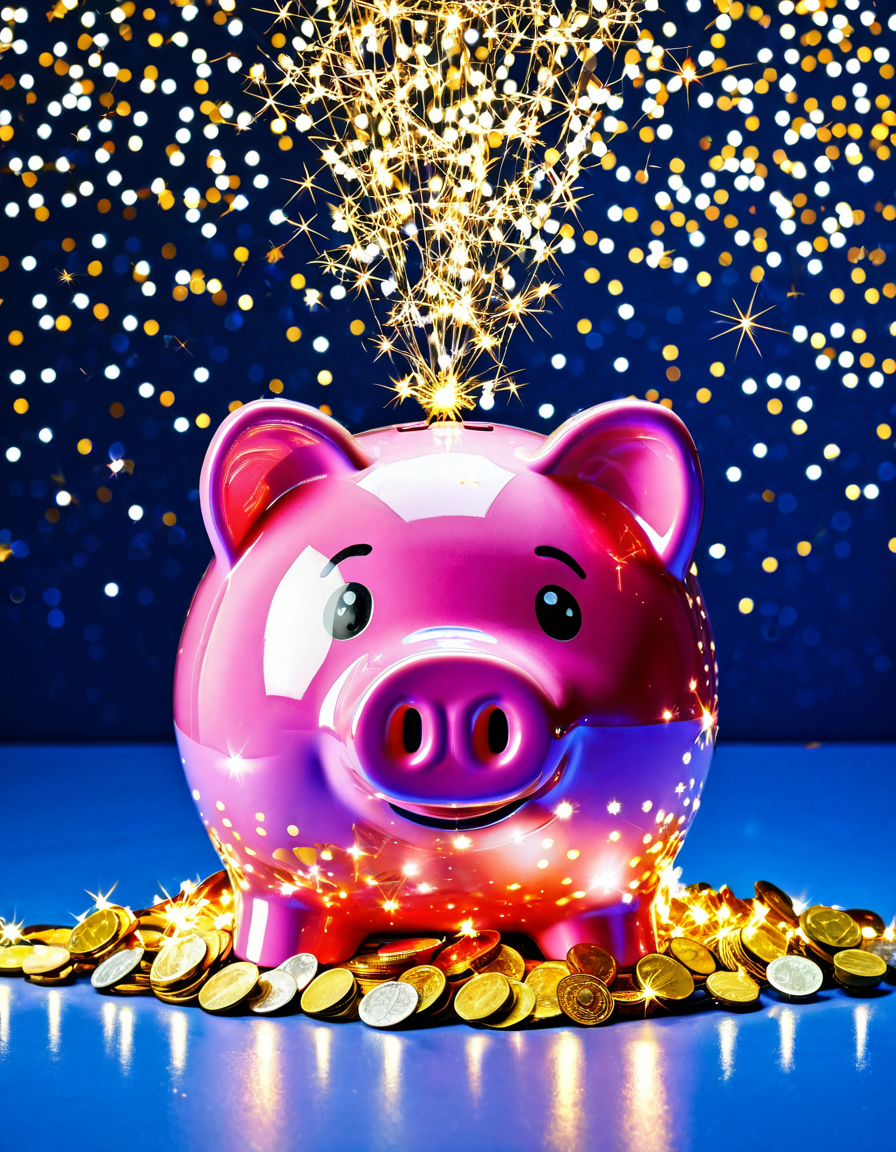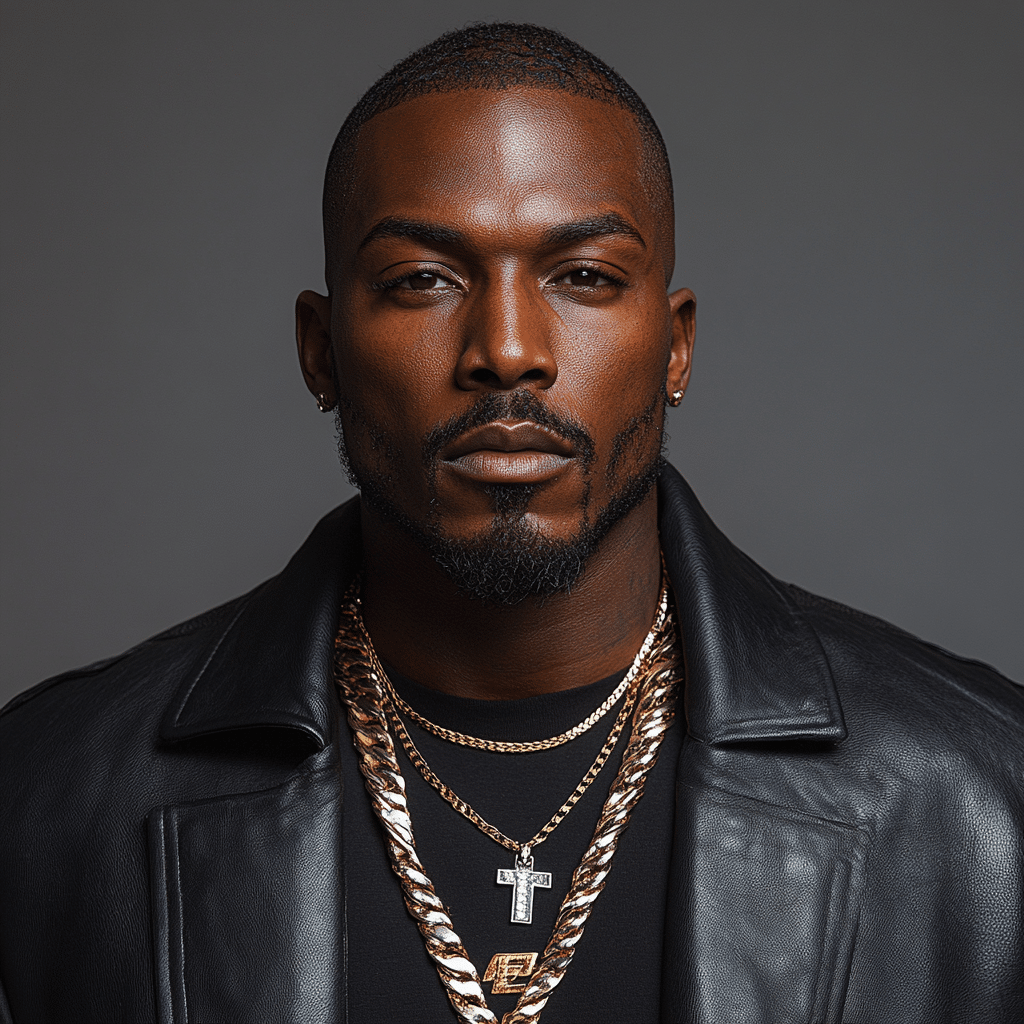Zombies are everywhere in pop culture, aren’t they? They’ve brain-munched their way into our nightmares and imagination, shaping how we view horror and societal fears. With roots in folklore, the undead have transformed over time, embodying not just the fright of gore but also the complexities of the human condition. So, buckle up your safety belts (or perhaps your zombie-proof helmets) as we dive into the world of zombies that have fascinated us, frightened us, and sometimes even made us laugh.
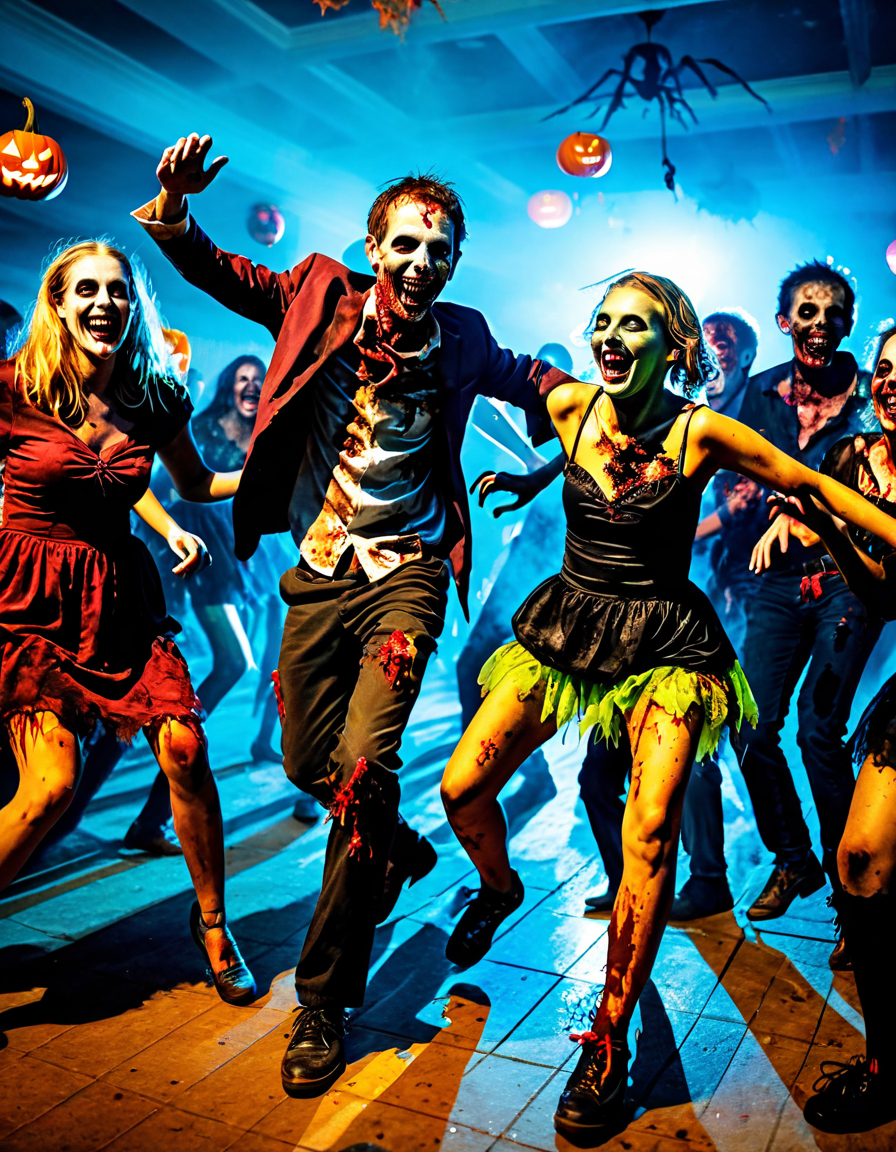
7 Iconic Zombies That Spawned Fear and Fascination in Pop Culture
The undead have taken many forms throughout cinematic history. Here are seven iconic representations that have defined our understanding of zombies.
1. George A. Romero’s Walking Dead
You can’t talk about zombies without giving a nod to George A. Romero’s “Night of the Living Dead.” This film didn’t just define the genre, but it also turned zombies into mirrors reflecting society’s biggest fears. Romero introduced the bone-chilling, shambling hulk-like creatures we all know today. Think of it as a wake-up call for a generation in the throes of social upheaval—pick a topic, the Civil Rights Movement, the Vietnam War, you name it, it’s in there.
2. The Rage Zombies of 28 Days Later
Talk about giving you a good old dose of adrenaline! Danny Boyle’s “28 Days Later” revolutionized zombies into fast-moving, rage-filled entities. These “infected” party crashers took the fear factor up a notch, transforming the usual slow-walker narrative into a high-speed chase through a decaying society. With themes centered around contagion and societal disarray, this film showed us just how quickly chaos could erupt.
3. The Comedy Horror of Shaun of the Dead
Who said zombies can’t make you laugh? “Shaun of the Dead” is proof that the undead can have a sense of humor. Blending comedy with horror, this film invites viewers to chuckle amid terror. It’s not just about surviving a zombie apocalypse; it’s about balancing mundane life while fending off the hulk-like dead. The witty writing and relatable characters make it a standout in both the comedy and horror genres.
4. The Lovable Undead in Warm Bodies
Zombies aren’t always about fear; sometimes, they’re about hugs! “Warm Bodies” flipped the script by giving us a romantic comedy starring a zombie named R. This flick highlights the quest for lost humanity and love, showcasing that sometimes the undead just need a chance. It’s a fun twist that humanizes zombies, dragging them out of the dark corners of horror into the light of empathy and connection.
5. The Viral Zombies of World War Z
When it comes to high-stakes, look no further than “World War Z.” This nail-biting film takes the zombie apocalypse global, highlighting real-world fears about pandemics and government failures. Brad Pitt runs interference not just with zombies but also with our very own collective dread concerning how fast things can spiral out of control. The haunting atmosphere and realistic portrayal of chaos make it a timely tale that resonates long after the credits roll.
6. The Animated Horror of Beetlejuice
Not your typical zombie flick, “Beetlejuice” is bursting with quirky undead characters that explore life and death. Tim Burton’s unique vision blends horror with whimsical charm, showcasing zombies as more than just brain-hungry monsters. This animated extravaganza redefines horror, allowing us to giggle about the macabre while still being a bit scared.
7. The Zombie Apocalypse in The Walking Dead
Can you even mention zombies without talking about “The Walking Dead”? This gripping series, based on Robert Kirkman’s comic, looks deeper than just brain-hungry zombies. It dives into human morality, survival, and ethical dilemmas when society crumbles. The real horror isn’t just the hulk-like figures outside but what they reveal about human nature under pressure.
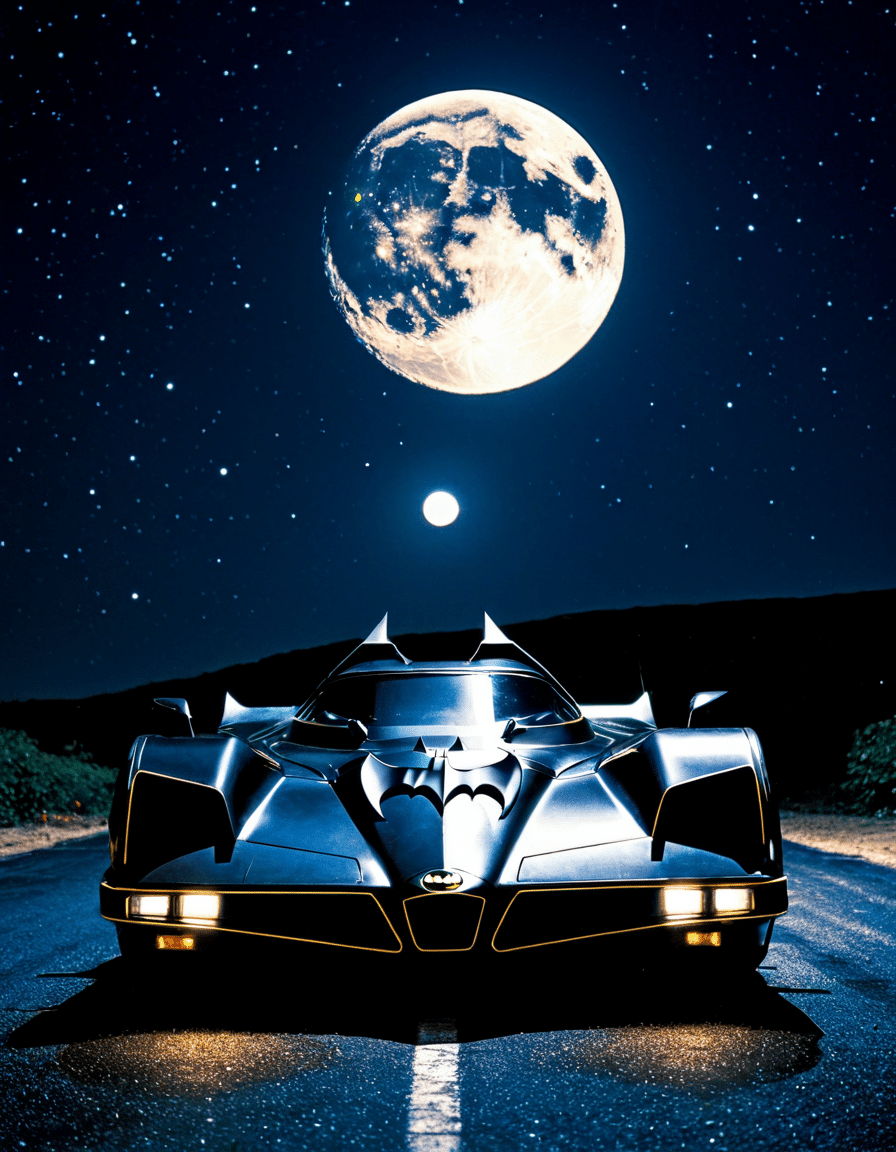
The Evolution of the Zombie Archetype: From Monstrosities to Metaphors
Zombies have come a long way from mindless flesh-eaters to complex symbols of societal concerns. They mirror our anxieties and fears, evolving alongside us into thought-provoking representations of our deepest worries.
Zombies Reflecting Societal Fears
Initially, zombies were a source of straightforward horror. Today, they symbolize deeper fears like consumerism, contagions, and the loss of individuality. Films like “28 Days Later” and “World War Z” resonated strongly in the era of rising anxieties about pandemics. The resurgence of zombie narratives during the COVID-19 pandemic tapped into an existing fear of societal collapse; we didn’t just see zombies on-screen; we felt a chilling resemblance to our world in chaos.
Moreover, the rise of these undead figures serves as a reminder of the ‘other’—the reflection of societal division and existential angst. As we navigate troubling times, it seems fitting that these creatures remind us of our shared humanity, beckoning us to confront what we might prefer to ignore.
Cultural Legacy and Future Trajectories
The cultural impact of zombies is undeniable, breeding franchises that flourish in various formats. From video games like “Resident Evil” and “The Last of Us” to community events like “Zombie Walks,” the fascination with the undead stretches through age and interests. Generations unite over these films and games, creating a tapestry where zombies are not just horror but a shared legacy.
This enthusiasm ensures that zombies remain firmly embedded in pop culture. As the storytelling approaches continue to innovate—think rom-coms blending with horror and thoughtful commentaries—we’re likely just scratching the surface of what zombies can mean and represent. New portrayals will keep surfacing, constantly engaging with our collective imagination.
Embracing the Undead: Nightmare or Reflection?
In the end, the horror zombies evoke acts as a mirror, helping us digest our frailties and fears. They not only give us a good scare or a hearty laugh but urge us to contemplate survival, morality, and human nature. Whether viewed as terrifying monstrosities or relatable figures seeking redemption, zombies will always resonate deeply within our cultural consciousness. They pull at our heartstrings and nightmares alike, offering a valuable dialogue about the human experience.
So, the next time you find yourself shrieking in fear or giggling uncontrollably at a zombie flick, remember: these creatures invite us to confront our darkest anxieties while we merrily munch popcorn. They might just hold the key to understanding not just the undead, but ourselves. The undead will keep haunting our nights, and as long as they do, they’ll capture our fears—and perhaps our hearts too. Let’s not forget to rock our favorite ugly Christmas sweater while doing it, right?
Zombies: The Undead That Captivate Our Minds
A Chilling History
Did you know that the term “zombie” has roots in Haitian Vodou? It originally referred to a reanimated individual controlled by a sorcerer. This eerie concept was first popularized in movies in the 1930s and has since transformed into the flesh-eating creatures we know today. The famed film Night of the Living Dead in 1968 kicked off the modern zombie craze, and since then, these undead beings have haunted our screens—and inspired fear across countless genres. Interestingly, the fascination with zombies even overlaps with pop culture events like the Mls All-stars Vs Arsenal match, where fans often dress up as zombies, adding a twist to sports fandom!
Zombies in Pop Culture
Zombies have permeated various forms of entertainment, even reaching the music scene. For instance, Mike Shinoda of Linkin Park has dabbled in zombie-themed projects, showcasing their influence beyond horror films. The genre’s popularity has led many aspiring actors to take on zombie roles, such as Lola Tung, whose recent work reflects the growing trend of undead narratives in film and TV. Additionally, some zombie flicks are associated with lively sounds, as hits from artists like Paula Abdul often play during thrilling scenes to build suspense and amplify the atmosphere. Who could forget the dances crafted around classic zombie flicks that have become iconic?
The Undead Today
Curiously, the recent promotion of horror-themed content has led to an explosion of zombie-related media. For example, the anticipation surrounding the Lol 1419 release date has fans eager for what’s next in the genre. These narratives frequently explore themes like survival, human nature, and societal collapse, resonating with audiences in profound ways. Furthermore, films featuring the talented Isabela Moner have highlighted young heroes sparking a new generation’s interest in zombie lore. It’s fascinating how the undead can reflect our contemporary fears, all while providing entertainment and sometimes, a much-needed laugh!
So, whether you’re diving into a chilling horror flick or participating in a spooky event at hotels near Inner Harbor Baltimore, MD, zombies continue to capture our imagination, thrilling and terrifying us in equal measure!
